Category: Bsa Biotin

Applying behavioural science to increase uptake
Making use of behavioural science to extend uptake of the NHS Well being Verify: a randomised managed trial of gain- and loss-framed messaging within the nationwide affected person data leaflet. The NHS Well being Verify (NHSHC) is a nationwide programme for the prevention of non-communicable ailments. Sufferers aged 40-74 with out an current cardiovascular-related situation ought to be invited quinquennially. Uptake…
Read More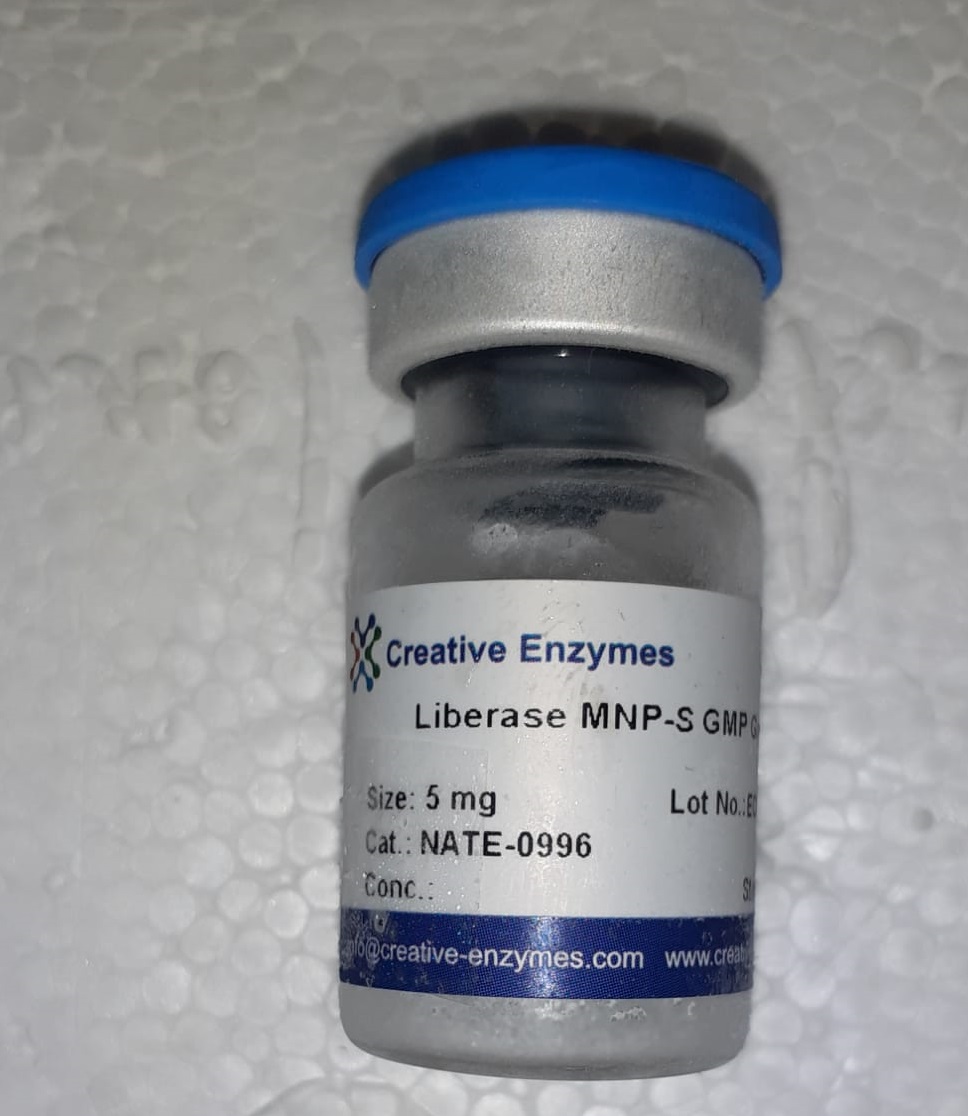
β-Defensins from common goby (Pomatoschistus microps) and silver trevally (Pseudocaranx georgianus): Molecular characterization and phylogenetic analysis
Antimicrobial peptides (AMPs) are biologically active molecules involved in host defense present in a variety of organisms. They are an integral component of innate immunity, forming a front line of defense against potential pathogens, including antibiotic-resistant ones. Fishes are proven to be a prospective source of AMPs as they are constantly being challenged by a…
Read More
MOLECULAR INVESTIGATION AND PHYLOGENETIC ANALYSIS OF ANAPLASMOSIS IN DOGS
Anaplasmosis is a widespread vector-borne illness affecting canines, and Anaplasma platys is the key etiological agent of the illness. The research examines anaplasmosis molecular prevalence, associated threat elements, and alteration of hematological variables in Anaplasma-affected canines. A complete of 150 blood samples have been collected from canines within the district of Lahore, Pakistan. The…
Read More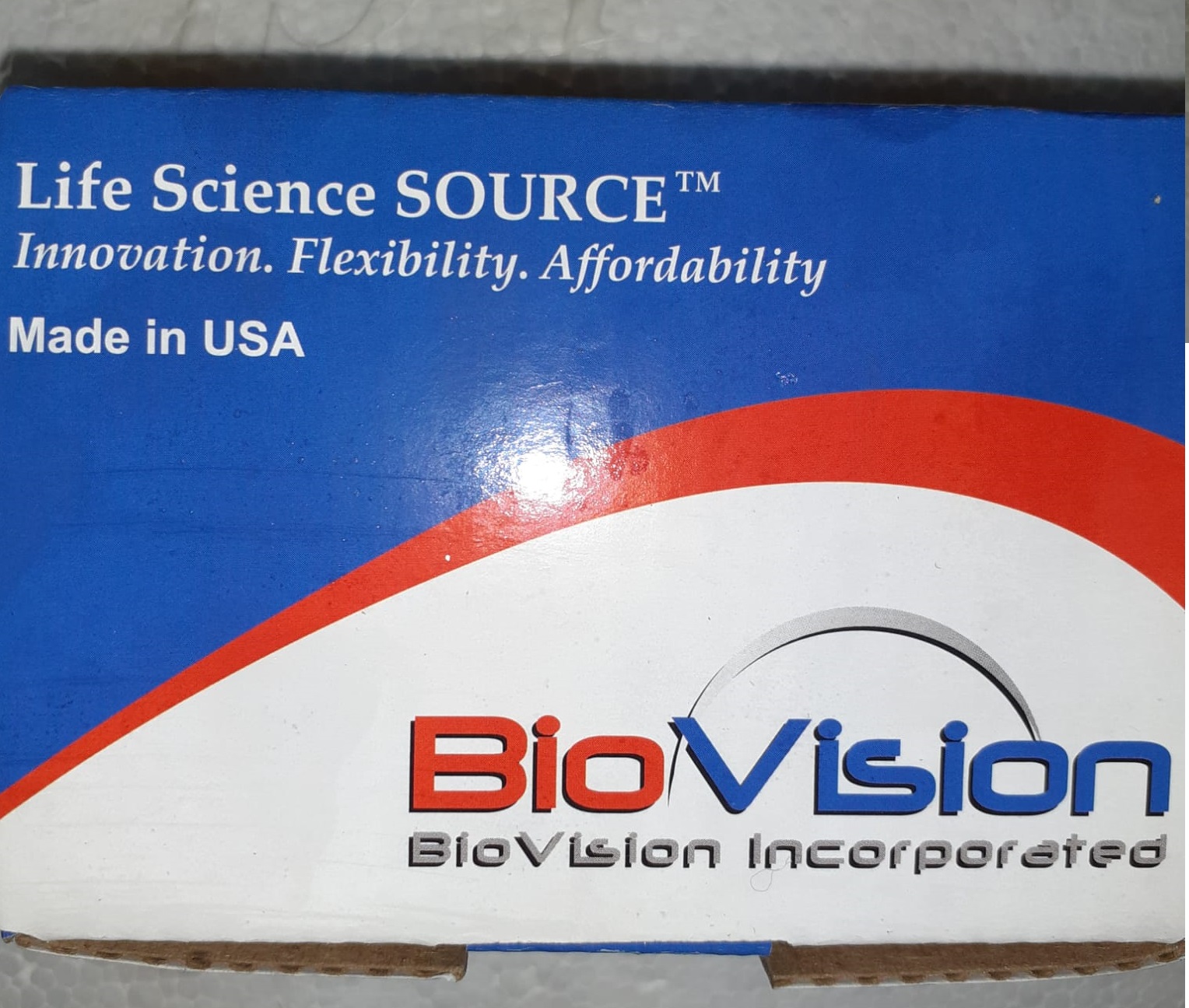
First report of molecular and phylogenetic evaluation of Physaloptera praeputialis in naturally contaminated stray cats from India Nematodes of the genus Physaloptera are globally distributed and infect a large number of hosts. Their life cycle includes orthopterans and coleopterans as intermediate hosts. The morphological characters alone are insufficient to detect and differentiate Physaloptera spp. from its congeners. Furthermore,…
Read More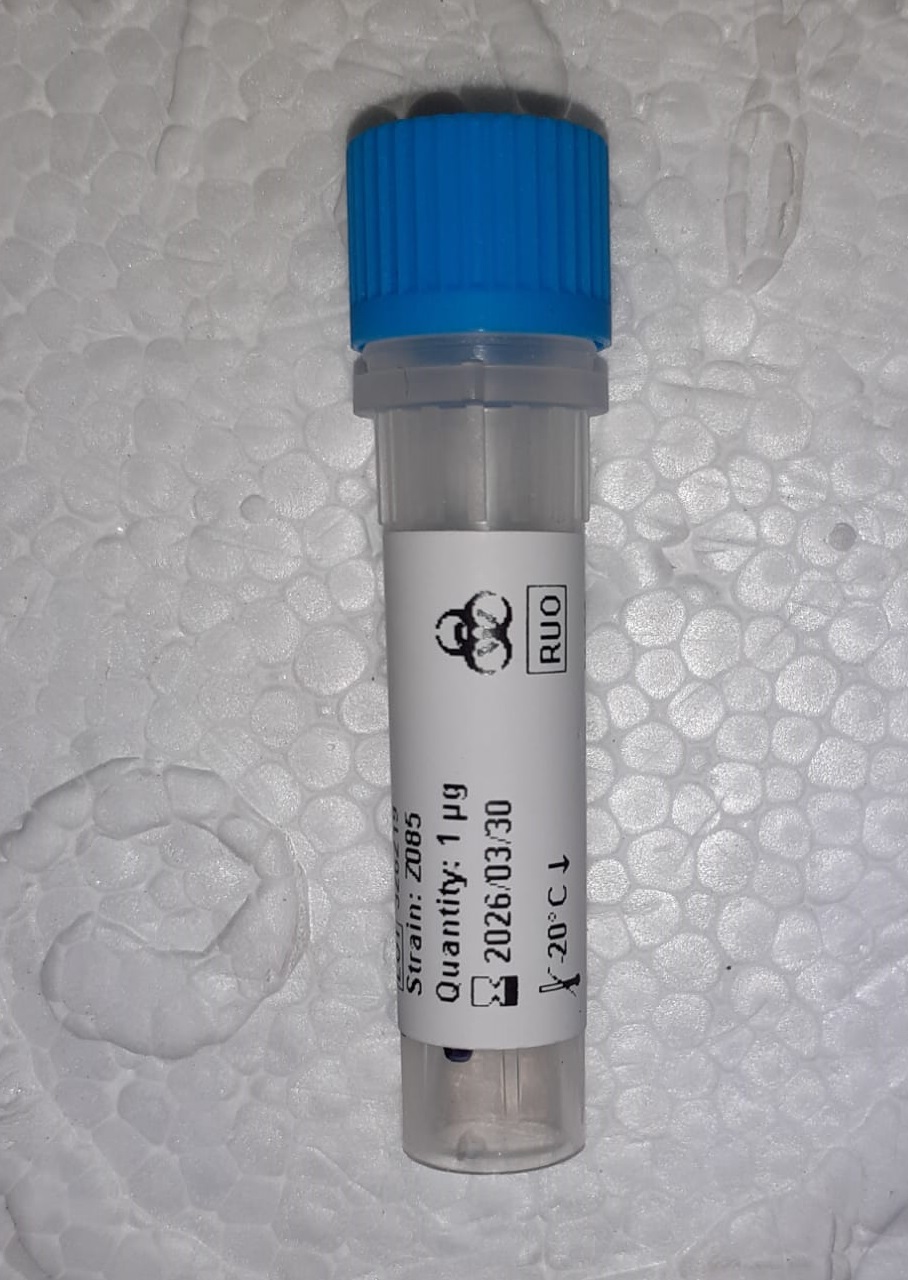
Phylogenetic study of Theileria ovis and Theileria lestoquardi in sheep from Egypt: Molecular evidence and genetic characterization
Background and intention: Ovine theileriosis brought on by Theileria ovis and Theileria lestoquardi is a crucial infectious illness affecting small ruminants in areas of the tropic and subtropic zones. There may be restricted research about ovine theileriosis in Egypt; so the current research goals to evaluate the incidence of ovine theileriosis in Egypt on the molecular stage. <sturdy class=”sub-title”> Supplies…
Read More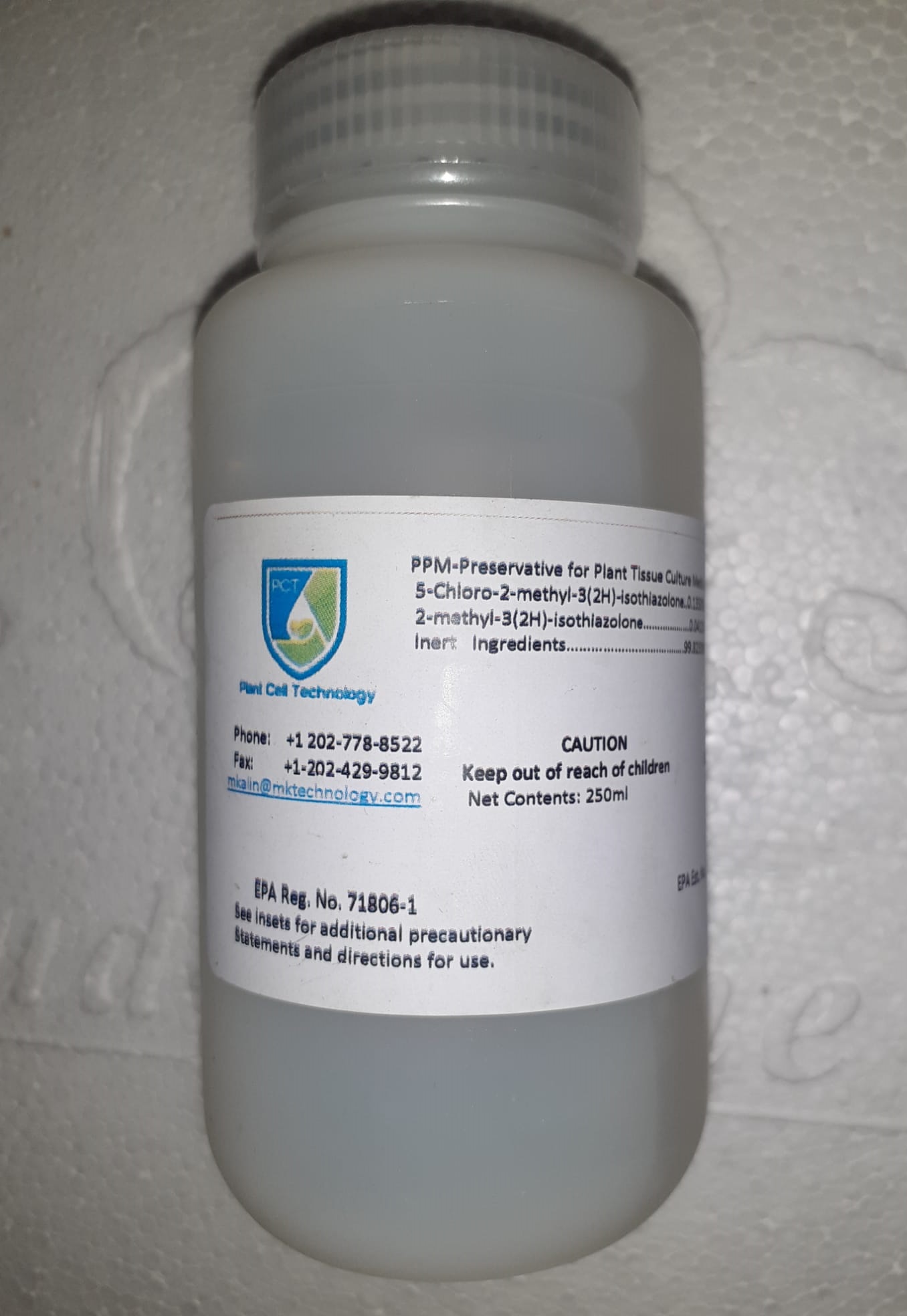
KRAS G12C-mutant non-small-cell lung cancer: biology, developmental therapeutics, and molecular testing
KRAS mutation is the most typical oncogenic driver in superior non-small cell lung most cancers (NSCLC), occurring in roughly 30% of lung adenocarcinomas. Over 80% of oncogenic KRAS mutations happen at codon 12 the place the glycine residue is substituted by totally different amino acids, resulting in genomic heterogeneity of KRAS-mutant tumors. The KRAS glycine-to-cysteine…
Read More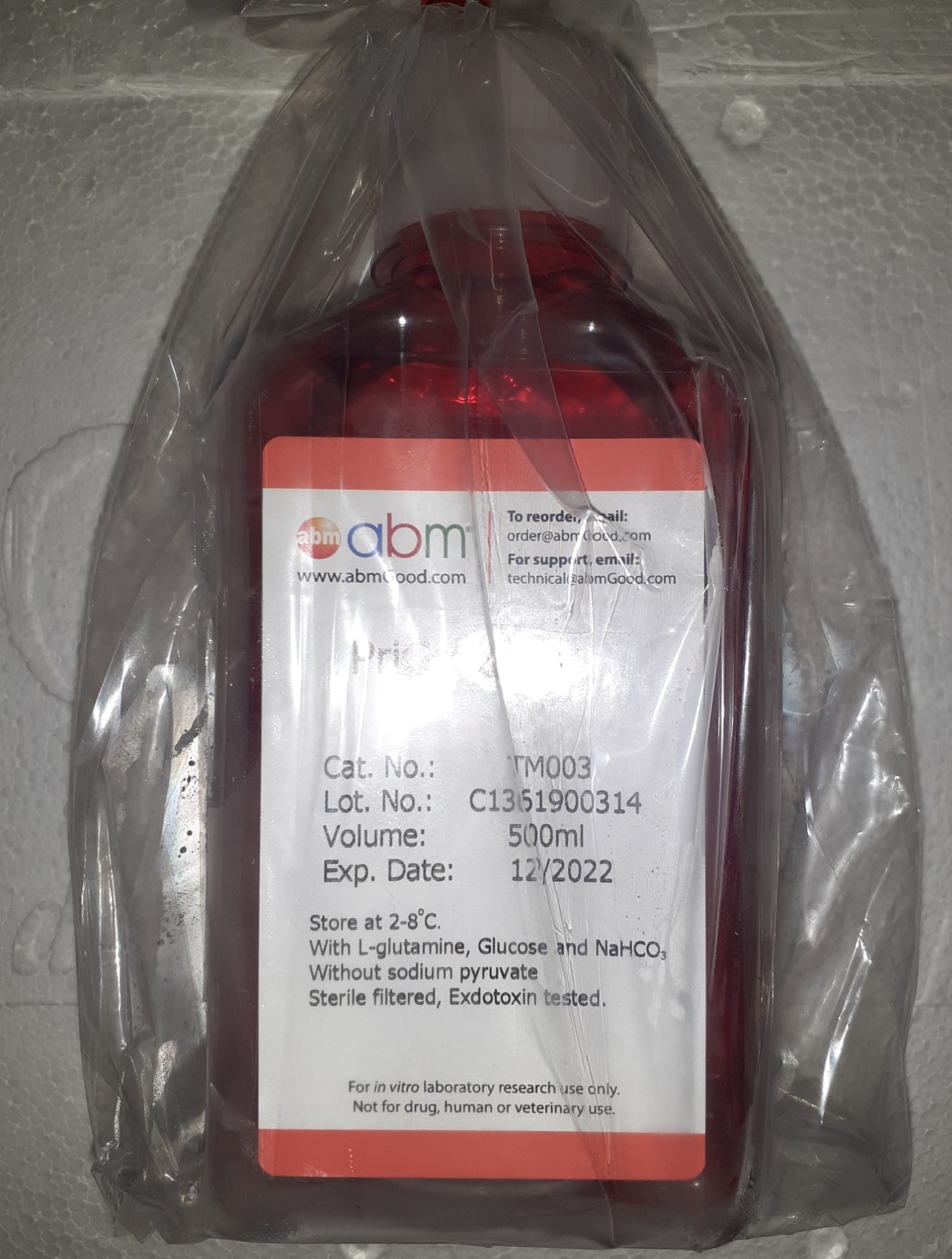
Molecular Biology Methods in Streptomyces rimosus, a Producer of Oxytetracycline
Streptomyces rimosus is used for manufacturing of the broad-spectrum antibiotic oxytetracycline (OTC). S. rimosus belongs to Actinomyces species, a big group of microorganisms that produce various set of pure metabolites of excessive significance in lots of elements of our life. On this chapter, we describe particular molecular biology strategies and a classical homologous recombination strategy…
Read More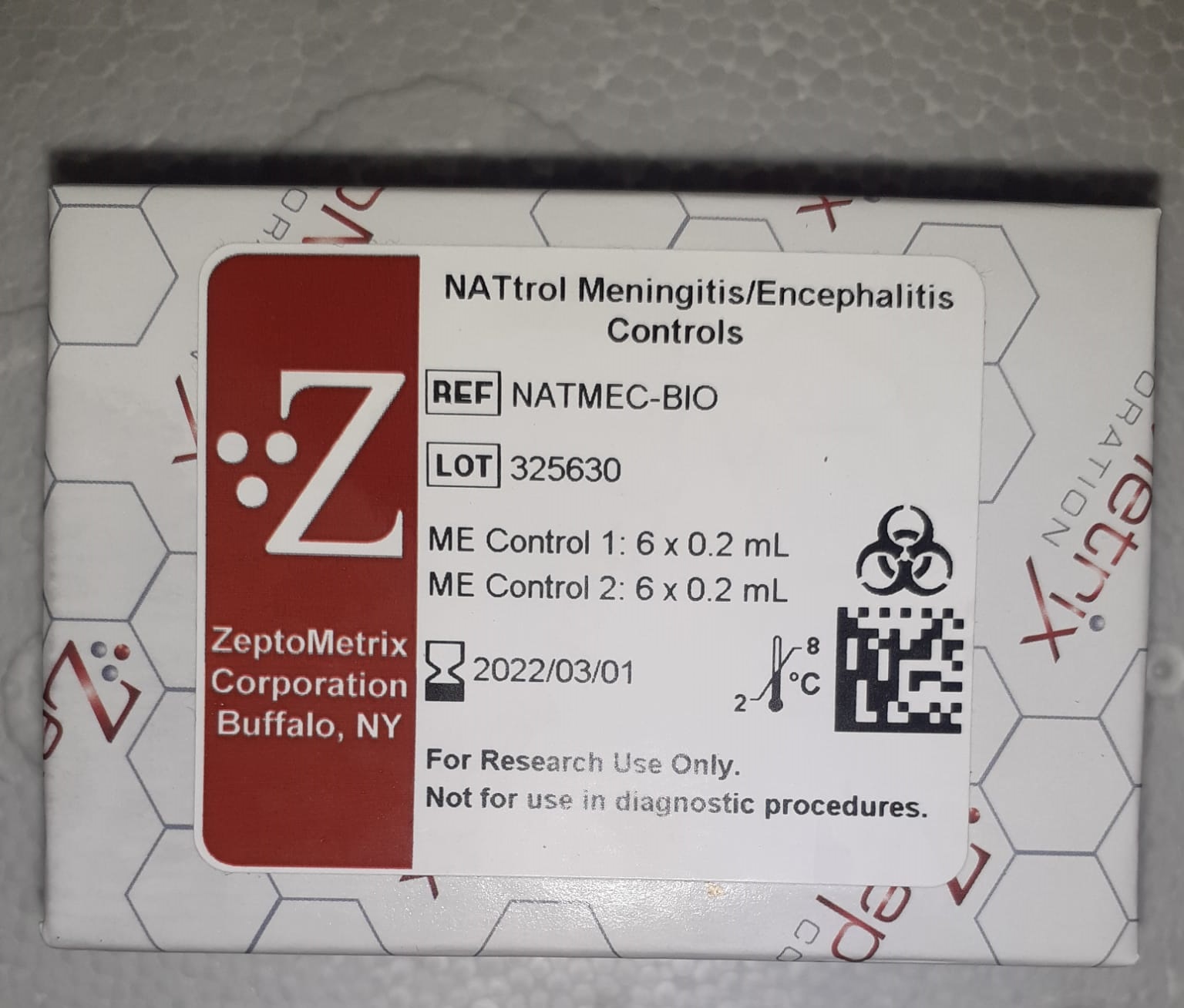
Entosis: From Cell Biology to Clinical Cancer Pathology
Entosis is a phenomenon, wherein one cell enters a second one. New clinico-histopathological research of entosis prompted us to summarize its significance in most cancers. It seems that entosis may be a novel, impartial prognostic predictor consider most cancers histopathology. We briefly focus on the organic foundation of entosis, adopted by a abstract of printed…
Read More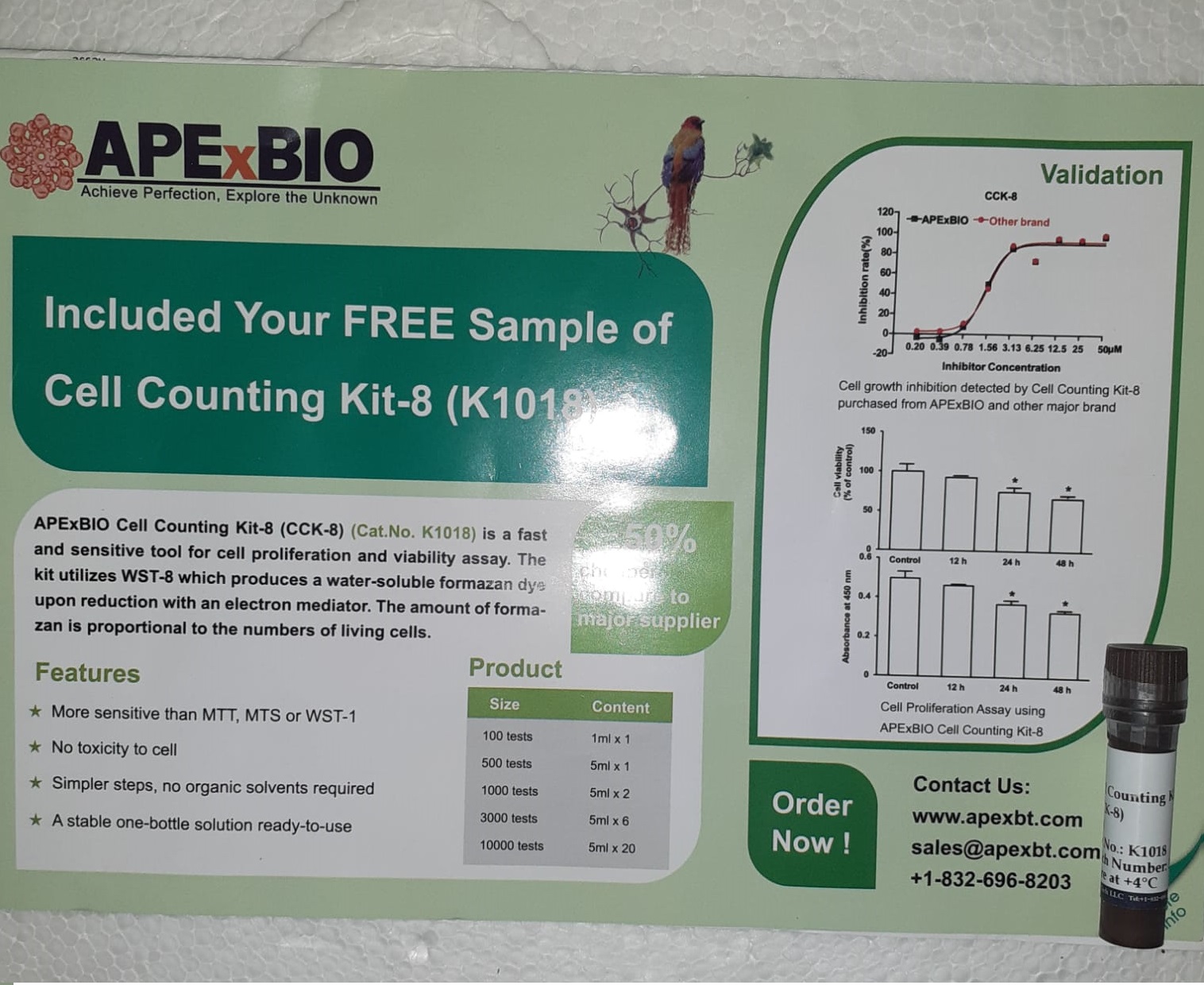
Molecular Biology of Basal and Squamous Cell Carcinomas
The prevalent keratinocyte-derived neoplasms of the pores and skin are basal cell carcinoma and squamous cell carcinoma. Each so-called non-melanoma pores and skin cancers comprise the most typical cancers in people by far. Widespread danger components for each tumor entities embrace solar publicity, DNA restore deficiencies resulting in chromosomal instability, or immunosuppression. But, basic variations…
Read More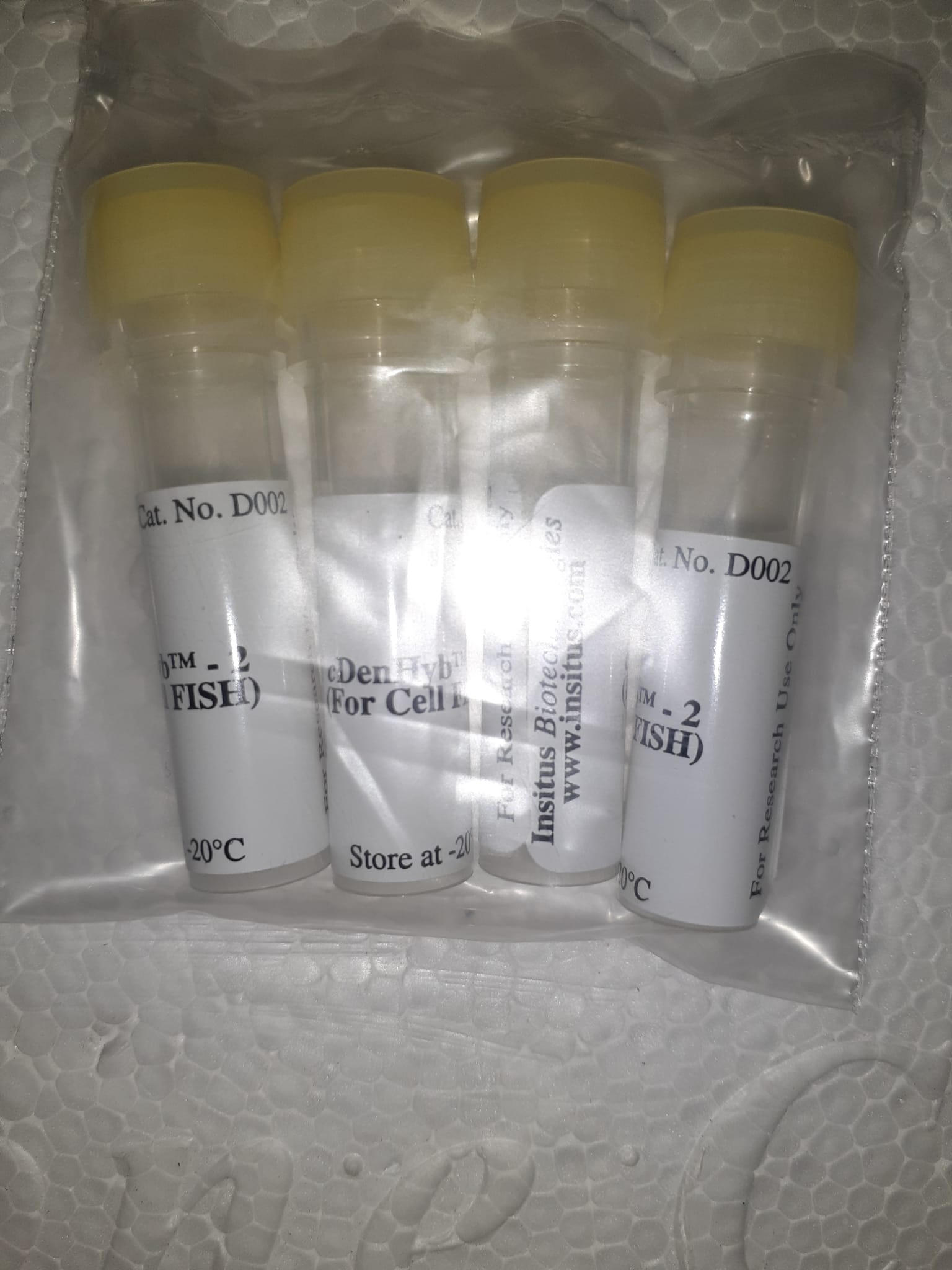
Propofol Affects Non-Small-Cell Lung Cancer Cell Biology By Regulating the miR-21/PTEN/AKT Pathway In Vitro and In Vivo
Background: Propofol is a typical sedative-hypnotic drug historically used for inducing and sustaining basic anesthesia. Current research have drawn consideration to the nonanesthetic results of propofol, however the potential mechanism by which propofol suppresses non-small-cell lung most cancers (NSCLC) development has not been totally elucidated. Strategies: For the in vitro experiments, we used propofol (0, 2, 5,…
Read More